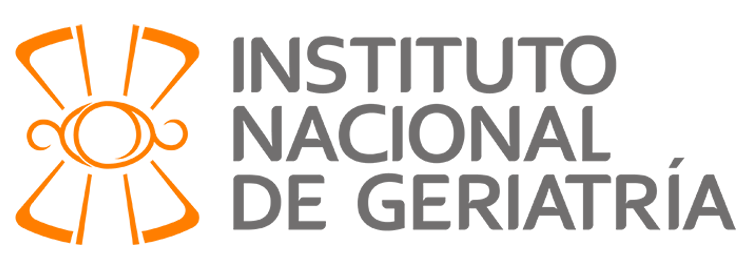


Por favor, use este identificador para citar o enlazar este ítem:
http://repositorio.inger.gob.mx/jspui/handle/20.500.12100/17331| Título : | Cancer and frailty in older adults: A nested case-control study of the Mexican health and aging study |
| Autor: | MARIO ULISES PEREZ ZEPEDA EDUARDO CARDENAS CARDENAS Matteo Cesari ANA PATRICIA NAVARRETE REYES LUIS MIGUEL FRANCISCO GUTIERREZ ROBLEDO |
| Palabras clave : | MEDICINA Y CIENCIAS DE LA SALUD;Ciencias médicas;Ciencias clínicas;Geriatría;Personas mayores;Older adults;Oncogeriatría;Oncogeriatrics;Fragilidad;Frailty;Enfermedades crónicas;Chronic diseases;Discapacidad;Disability;Cáncer;Cancer;México;Mexico |
| Fecha de publicación: | 2016 |
| Editorial : | Springer |
| Descripción : | Purpose: Understanding how the convergence between chronic and complex diseases-such as cancer-and emerging conditions of older adults-such as frailty-takes place would help in halting the path that leads to disability in this age group. The objective of this manuscript is to describe the association between a past medical history of cancer and frailty in Mexican older adults. Methods: This is a nested in cohort case-control study of the Mexican Health and Aging Study. Frailty was categorized by developing a 55-item frailty index that was also used to define cases in two ways: incident frailty (incident >0.25 frailty index score) and worsening frailty (negative residuals from a regression between 2001 and 2012 frailty index scores). Exposition was defined as self-report of cancer between 2001 and 2012. Older adults with a cancer history were further divided into recently diagnosed (<10 years) and remotely diagnosed (>10 years from the initial diagnosis). Odds ratios were estimated by fitting a logistic regression adjusted for confounding variables. Results: Out of a total of 8022 older adults with a mean age of 70.6 years, the prevalence of a past medical history of cancer was 3.6 % (n = 288). Among these participants, 45.1 % had been diagnosed with cancer more than 10 years previously. A higher risk of incident frailty compared to controls [odds ratio (OR) 1.53 (95 % confidence interval (CI) 1.04-2.26, p = 0.03); adjusted model OR 1.74 (95 % CI 1.15-2.61, p = 0.008)] was found in the group with a recent cancer diagnosis. Also, an inverse association between a remote cancer diagnosis and worsening frailty was found [OR = 0.56 (95 % CI 0.39-0.8), p = 0.002; adjusted model OR 0.61 (95 % CI 0.38-0.99, p = 0.046)]. Conclusions: Cancer is associated with a higher frailty index, with a potential relevant role of the time that has elapsed since the cancer diagnosis. Implications for cancer survivors: Cancer survivors may be more likely to develop frailty or worsening of the health status at an older age. This relationship seems especially evident among individuals with a recent oncological diagnosis. Health professionals in charge of older adult care should be aware of this association in order to improve outcomes of older adults who survived cancer. |
| URI : | http://repositorio.inger.gob.mx/jspui/handle/20.500.12100/17331 |
| Aparece en las colecciones: | 1. Artículos |
Ficheros en este ítem:
| Fichero | Descripción | Tamaño | Formato | |
|---|---|---|---|---|
| Journal of Cancer Survivorship (1932-2267) Vol. 10 (2016).pdf | 303.99 kB | Adobe PDF | Visualizar/Abrir |